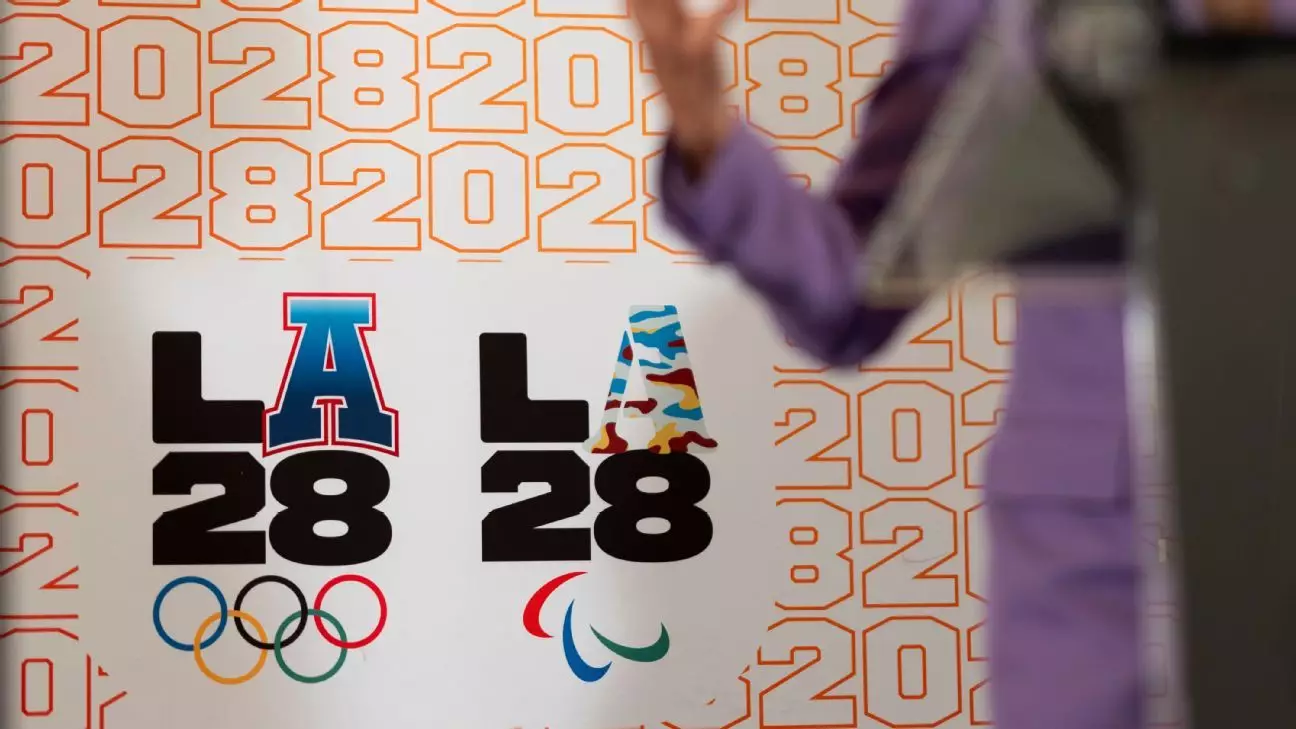The decision to commence basketball competition days before the official opening of the 2028 Los Angeles Olympics marks a significant departure from traditional schedules. For decades, the Olympics have maintained a clear sequence: opening ceremonies set the stage, followed by the sporting contests. This shift signals a willingness to prioritize athlete preparedness, broadcast logistics, and audience engagement over adherence to a long-standing format. Such a move reflects a proactive effort to adapt to the evolving demands of global sports, though it raises questions about the historical sanctity of the opening day and the core identity of the Olympics.
Strategic Scheduling: Balancing Competition and Spectacle
Starting basketball on July 12 allows organizers to smooth out the tournament’s structure, giving teams more resting days and avoiding the congestion of back-to-back games. It also enhances the broadcast experience by spreading out event coverage and preventing time-slot clashes. The move to have quarterfinals over two days shows intentional planning to maximize competitiveness and viewer engagement. However, this tight timeline can diminish the grandeur associated with the Opening Ceremony, potentially diluting the symbolic importance of the Games’ inauguration. Balancing athletic excellence with ceremonial spectacle becomes more complex when sports begin before the main event.
Implications for Athletes and Global Audience
For players, particularly those competing in high-stakes tournaments like basketball, an earlier start could offer a psychological and physical advantage. It provides a longer window for recovery and momentum-building, possibly benefiting top-tier teams such as the U.S. men’s and women’s squads. Yet, it also introduces logistical challenges—adjusting training schedules, managing travel, and maintaining peak performance amidst a compressed timeline. For viewers worldwide, this rearrangement might be confusing or disruptive, especially for casual fans accustomed to the traditional schedule. The Olympics, after all, is a global event rooted in anticipation and historic continuity.
Broader Shifts and the Future of Olympic Scheduling
The early start of basketball, along with other sports—such as water polo, rugby sevens, and cricket—emerging ahead of the opening ceremony hints at a broader transformation. The Games are increasingly becoming a series of continuous contests rather than singular moments bound by tradition. This evolving approach could signal a future where Olympic schedules prioritize logistical efficiency and television ratings over the symbolic unity of a single opening day. Such a shift invites reflection on what the Olympics truly represent: a celebration of global unity or a complex tapestry of individual sporting narratives woven across overlapping timelines.
Personal Reflection: A Double-Edged Sword
From my perspective, this strategic rearrangement is both innovative and risky. On one hand, it may enhance the quality of competition, providing dedicated time for athletes to perform at their best without the constraints of an opening-day buzz. On the other, it may erode the cultural and emotional significance traditionally associated with the Olympic Opening Ceremony. The Olympics have always been about unifying a world in celebration, and starting key events before the formal start could diminish that collective experience. Nevertheless, adaptability is crucial for the longevity of such a storied event—perhaps this is just the beginning of a new, more flexible Olympic era.

